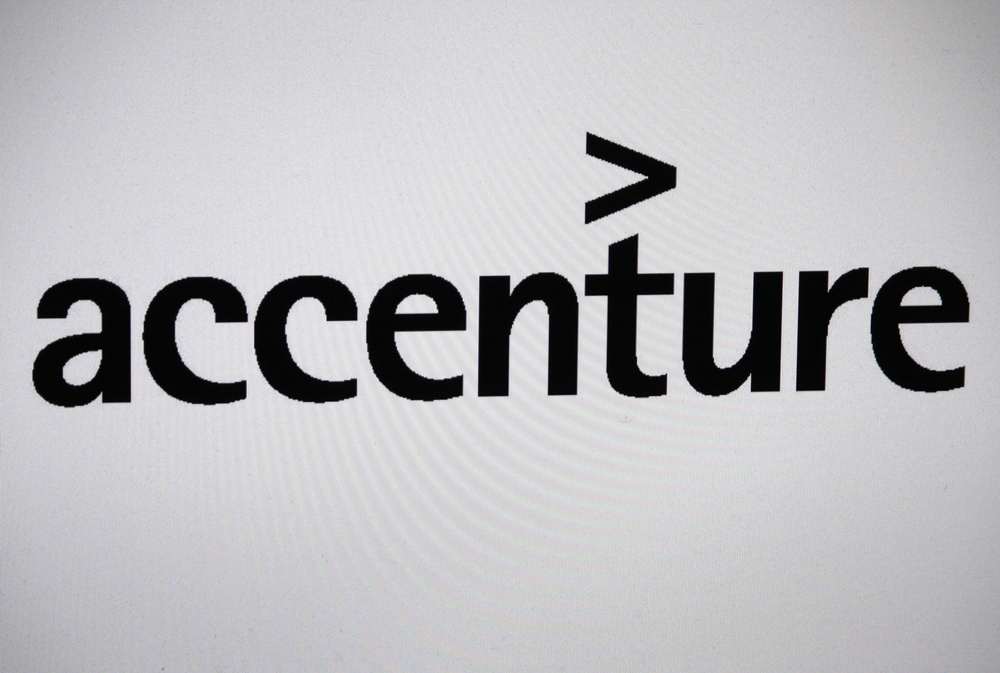Blockchain technology has been designed to provide immutable records. One information is stored on the blockchain and validated by nodes; there is no turning back. Accenture, a company, looking into private blockchain development, announced their editable blockchain for enterprise systems. By name, it defeats the whole point, but what does it even do?
A Different Type of Blockchain-Database Hybrid
When the announcement by Accenture was made regarding their editable blockchain, a lot of people were confused. A blockchain is, by definition, a solution to the database problem, which also creates immutable records. However, the financial sector has been worried about this aspect, as they worry human error can’t be fixed if its logged on an open blockchain.
This is why companies such as Accenture are exploring private and permissioned blockchains. While they still offer immutability – in most cases – they can also be tweaked to customers’ needs. The company’s new feature allows blockchains to be edited “under extraordinary circumstances.” For example, fixing a human error, address mischief, and accommodating regulatory requirements are considered “extraordinary circumstances.”
Accenture Financial Services Group Chief Executive Richard Lumb stated:
“As we focus on new uses for blockchain technology beyond the realm of cryptocurrency, absolute immutability will become both a virtue and a vice. For decentralized cryptocurrency systems, such permanent accounting has been crucial in building trust and faith among participants. But for financial services institutions faced with a myriad of risk and regulatory requirements, absolute immutability is a potential roadblock. Our invention strikes a balance for enterprise use that preserves the fundamental value of the technology while enabling enterprise adoption.”
Although this is only a prototype, for now, it also goes to show why there is a huge difference between open and private blockchain standards. Accenture is in the permissioned blockchain industry, which only gives accredited partners access to the ledger. This prototype is not designed for cryptocurrency, which was obvious from the start.
Solve Human Error Instead of Accommodating It
The bigger question is how this system even works, to begin with. Designated administrators can act on agreed rules to edit, rewrite, or remove blocks of information without breaking the blockchain itself. A new hash function will be used – called “Chameleon” which recreates algorithms that link two separate network blocks.
It is evident this approach by Accenture may hold a lot of merit for industries prone to human error. At the same time, technology should force humans to be less error-prone in the first place. Instead, this company seems to openly condone sloppy work, as they can “rewrite the blockchain” whenever needed.
Source: Accenture Newsroom
Header image courtesy of Accenture
